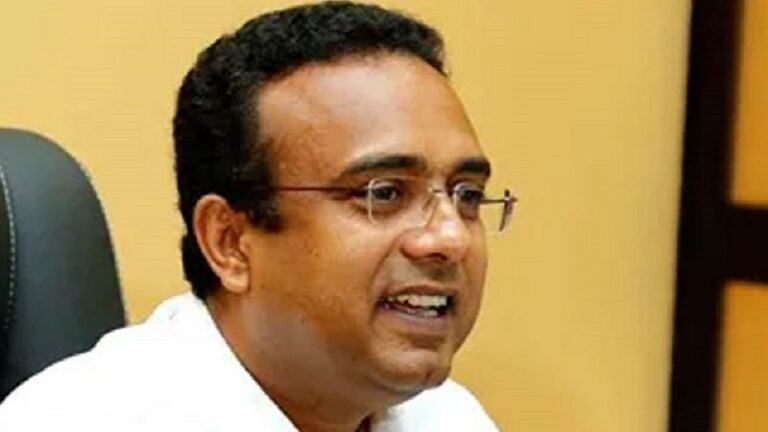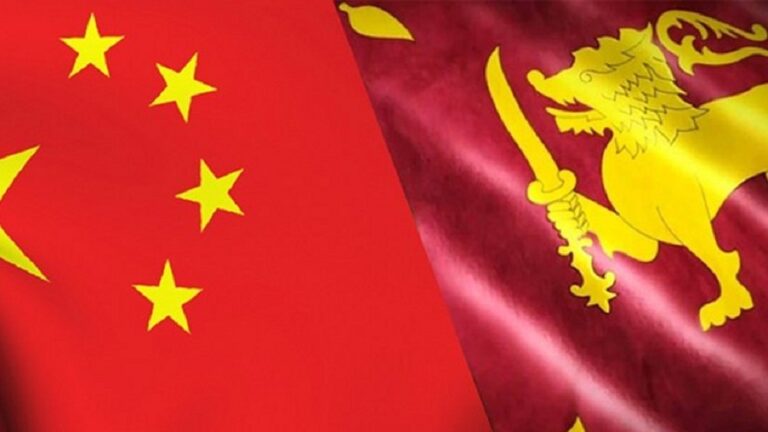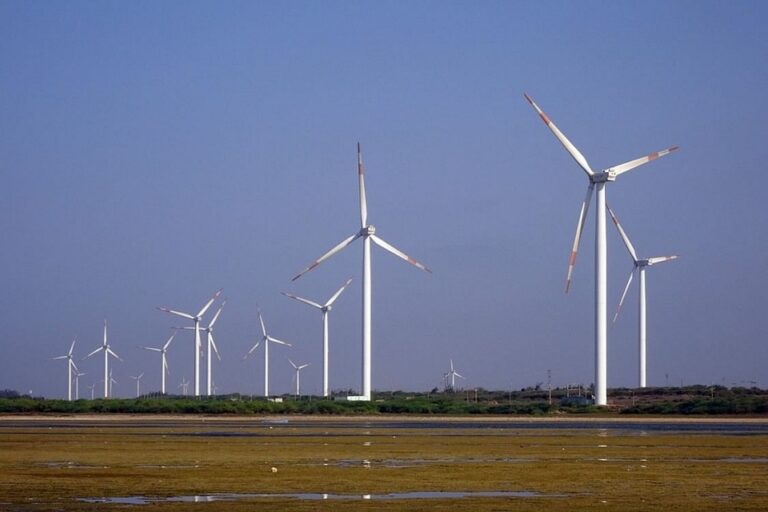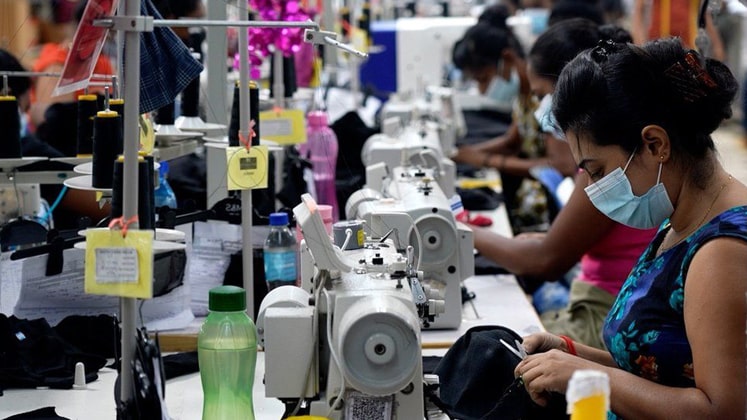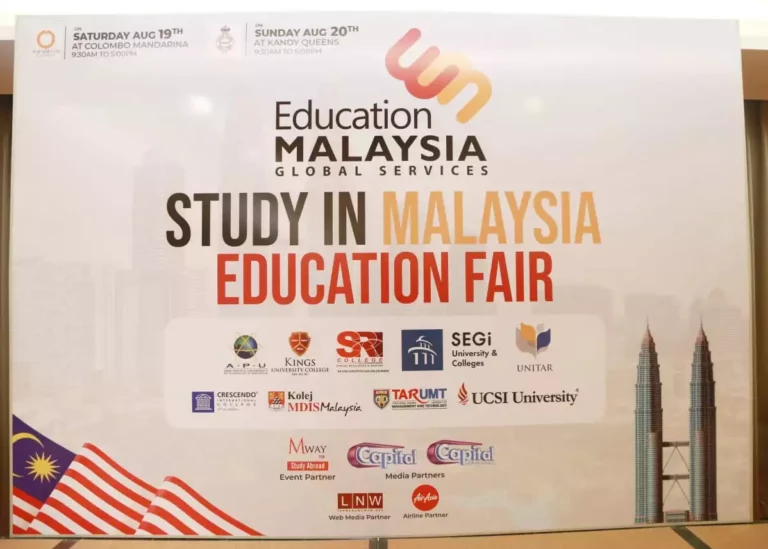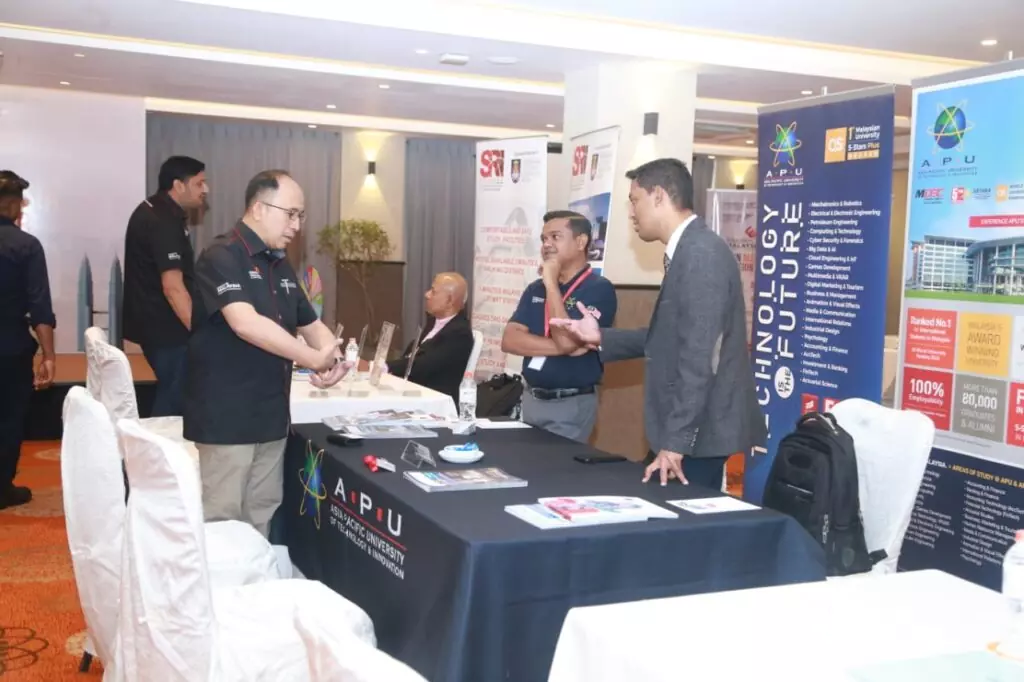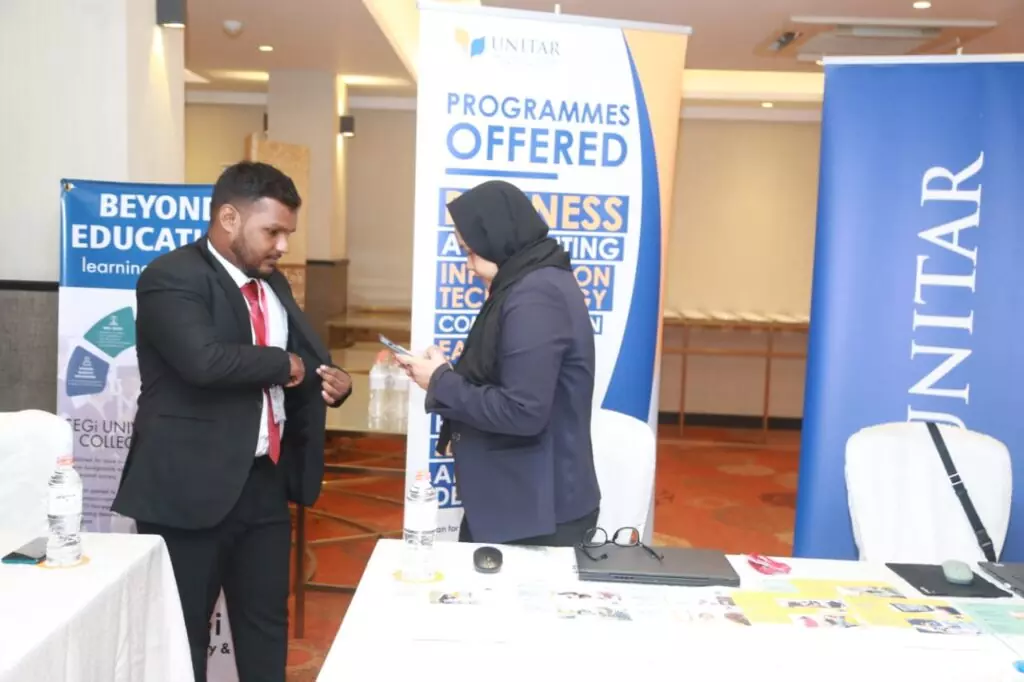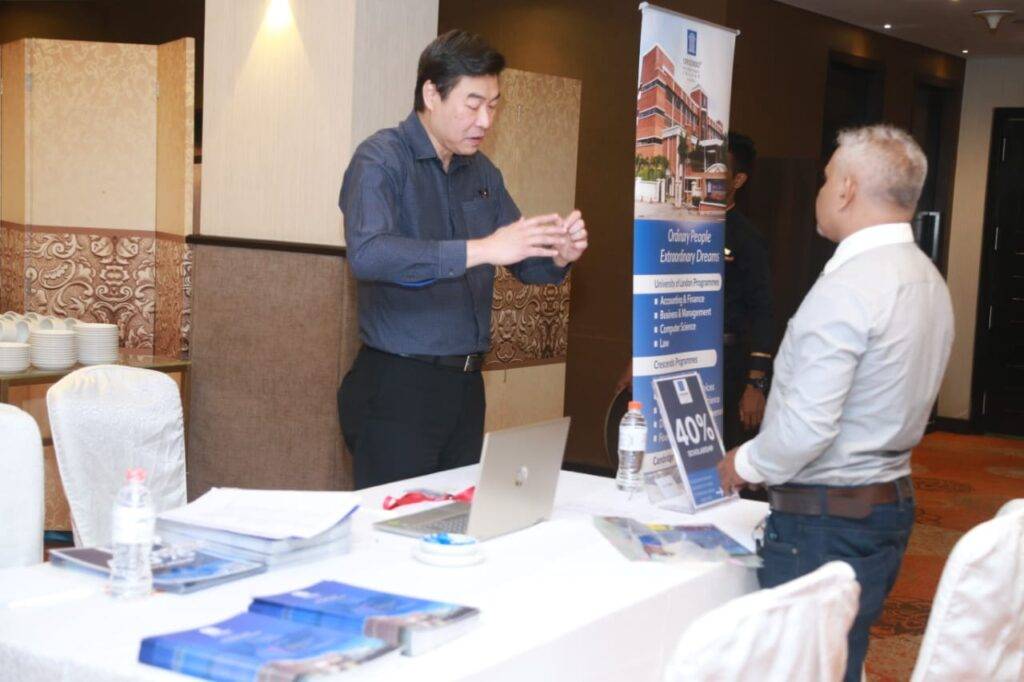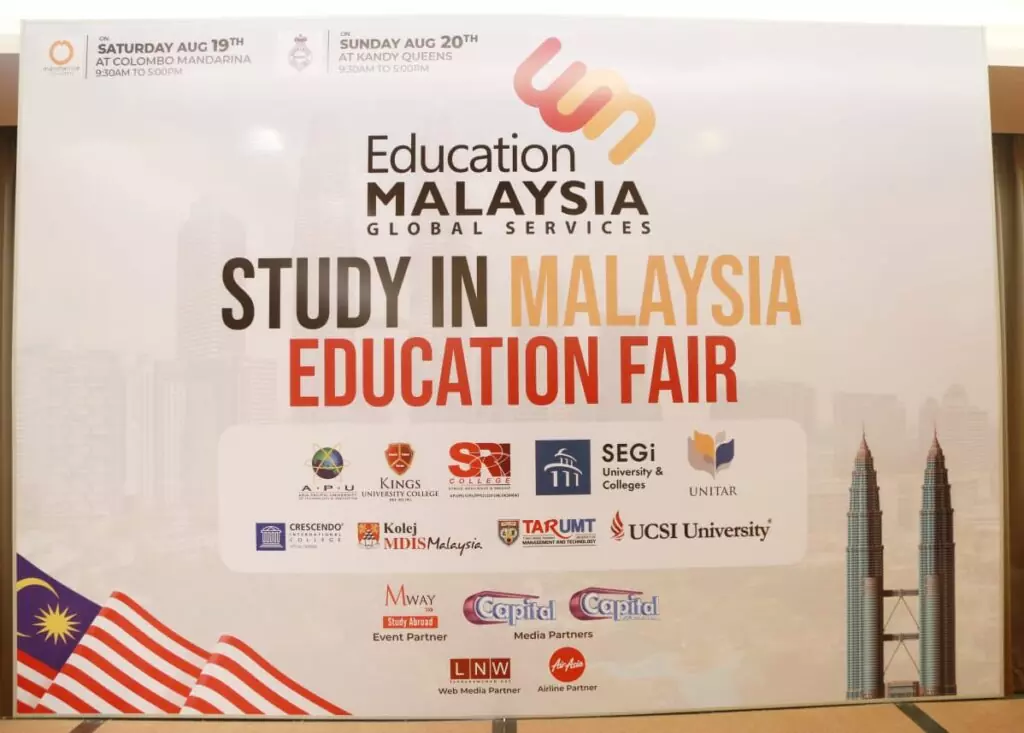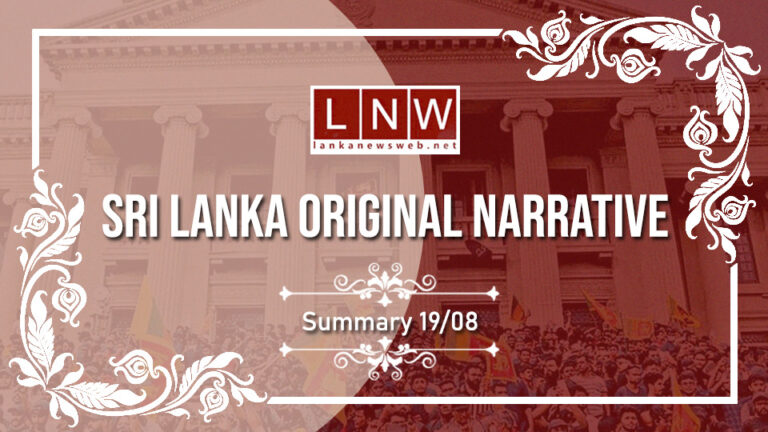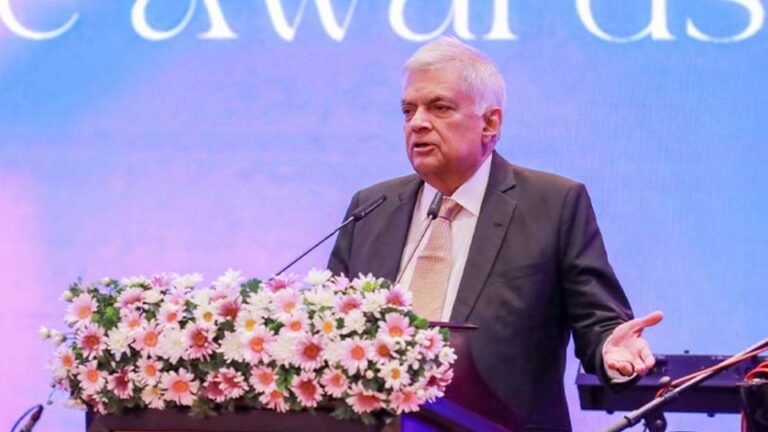The Minister of Labour and Foreign Employment, Manusha Nanayakkara today emphasized the need for a comprehensive multi-stakeholder task force combining relevant ministries and the International Labour Organization (ILO) to implement programmes aimed at the welfare of workers.
The Minister has requested the ILO to conduct a study on the programmes implemented for the welfare of workers by the Ministry of Labour and Foreign Employment. A discussion on the above was held today at the Ministry premises.
It was attended by Imon Brimblecombe, Chief Technical Adviser of the International Labour Organization and Head of the Regional Action Service Unit, and Mariko Ouchi, Senior Social Security Specialist of the ILO, among others.
The minister during the meeting emphasized the need to establish this task force involving all relevant parties including the Ministry of Finance, Ministry of Health, Ministry of Social Empowerment and Trade Unions and Employers’ Associations in addition to various departments of his Ministry.
Also, he emphasized the importance of the ILO acting as an observer and playing a key role in these discussions.
The Ministry has recently taken the necessary steps to implement a comprehensive labour reform programme with the introduction of an unemployment insurance system, maternity benefits, and new methods of providing compensation to workers.
The Minister of Labour and Foreign Employment, Manusha Nanayakkara today emphasized the need for a comprehensive multi-stakeholder task force combining relevant ministries and the International Labour Organization (ILO) to implement programmes aimed at the welfare of workers.
The Minister has requested the ILO to conduct a study on the programmes implemented for the welfare of workers by the Ministry of Labour and Foreign Employment. A discussion on the above was held today at the Ministry premises.
It was attended by Imon Brimblecombe, Chief Technical Adviser of the International Labour Organization and Head of the Regional Action Service Unit, and Mariko Ouchi, Senior Social Security Specialist of the ILO, among others.
The minister during the meeting emphasized the need to establish this task force involving all relevant parties including the Ministry of Finance, Ministry of Health, Ministry of Social Empowerment and Trade Unions and Employers’ Associations in addition to various departments of his Ministry.
Also, he emphasized the importance of the ILO acting as an observer and playing a key role in these discussions.
The Ministry has recently taken the necessary steps to implement a comprehensive labour reform programme with the introduction of an unemployment insurance system, maternity benefits, and new methods of providing compensation to workers.

